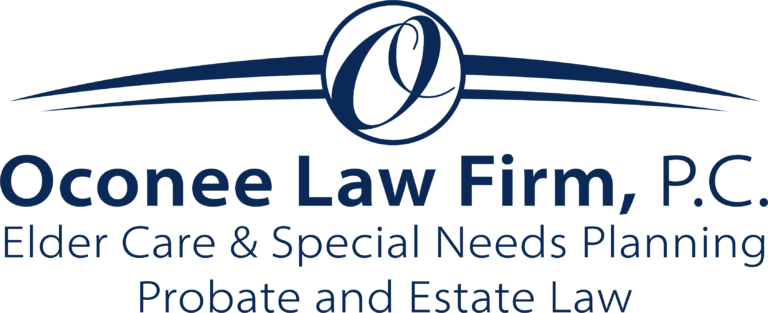What Do I Need to Know about Second Marriage Estate Planning?
AARP’s recent article entitled “Remarried with Children? 5 Estate Planning Mistakes to Avoid” says that most mean well and want their spouse to inherit their possessions when they die, then want their heirs to split what’s left when the spouse dies. Here are five mistakes to avoid and to prevent fighting and hard feelings after you are gone.
Mistake #1: Failing to change beneficiaries. This is one of the most common mistakes. An advantage of changing the name of the beneficiary, is that the money will go directly to the intended person, typically the surviving spouse, bypassing the probate process. Review all of your financial accounts to be certain that your spouse is designated the beneficiary, if that is your intention. You should also check all life insurance beneficiaries because these payouts also do not go through probate.
Mistake #2: Failing to change your will. A will states who gets the rest of the assets that you and your spouse accumulated during your lifetimes. Update your will to avoid handing your home to your ex-spouse. People on their second marriage usually decide that the surviving spouse gets all the assets, and upon the death of the second spouse, the remaining assets will be divided evenly among the children. However, this assumes that everyone will still be getting along in the future, and that your spouse, upon your death, will not write a new will that removes your side of the family from the estate. You should also plan in advance who will get important family items, no matter if their value is sentimental or otherwise. You do this with a codicil to your will or a letter of instruction to your executor.
Mistake #3: Treating all heirs equally. There is no law that says all children must be treated equally. There are many reasons why parents do not treat children equally, such as when there is a child with special needs. In that instance, you should talk to your spouse about how to ensure that child is protected, perhaps through an ABLE (Achieving a Better Life Experience) account or a trust. In some situations, a child may have an addiction or a gambling problem. Some parents will create a “spendthrift trust” which disburses money at regular intervals to the beneficiary and deters creditors from getting the money in the trust.
Mistake #4: Waiting until you are gone to give. If you are planning to leave money to your children, you might think about giving it to them now, rather than in your will. The IRS allows you to give up to $15,000 per person without having to pay the federal gift tax or deal with the IRS. Your spouse may also give the same amount.
Mistake #5: Not Using an Experienced Estate Planning Attorney. If you are older and on your second marriage, chances are that your life is not uncomplicated. Ex-spouses, blended families and comingled assets create complexity, as well as having a child with special needs or an aging parent. It is smart to invest the time and money in creating a comprehensive estate plan with the help of an experienced estate planning attorney.
Reference: AARP (July 9, 2021) “Remarried with Children? 5 Estate Planning Mistakes to Avoid”
Suggested Key Terms: Estate Planning Lawyer, Wills, Codicil, Intestacy, Probate Court, Inheritance, Asset Protection, Will Changes, Letter of Last Instruction, Probate Attorney, Estate Tax, Gift Tax, Unified Federal Estate & Gift Tax Exemption, ABLE Account, Spendthrift Trust

